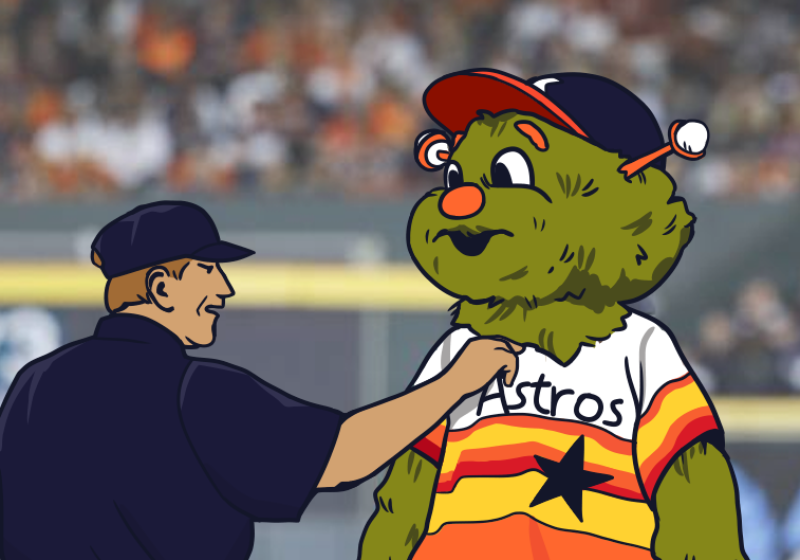In 2019, The Washington Nationals made baseball history by winning the World Series. Not only did they end a half-century title drought, but the team also won all four of its road games, the first team to ever do so.
2019 also marked the first World Series in a few years in which the victors claimed their crown without a cheating controversy.
The 2017 Houston Astros and 2018 Boston Red Sox were both caught this year for having used cameras to steal pitchers’ signs during their respective championship seasons. This gives the team’s batters an unfair advantage at home games, as they are aware of which type of pitch is coming and can prepare accordingly. The backlash has been harsh, resulting in the firing of three managers (former Mets manager Carlos Beltrán was involved as an Astros player). The events tarnished the names of two great teams, and left a permanent dark stain on the current era of America’s national pastime.
That said, all the controversy over this is a bit overblown.
Cheating in baseball is objectively hilarious. The sport is at certain points woefully antiquated — instruction and strategy are conveyed by secret hand signs, and the uniforms seem like something a pre-World War I day laborer might wear. The game is old-timey and, as a result, often hard to take seriously. Any uproar about cheating by stealing signs is reminiscent of a senior citizen still grumpy about Adlai Stevenson losing both of his elections.
It is important to remember that this is a game on TV. It is important to remember that this is entertainment. It is important to remember that entertainment is allowed to be funny.
Cheating in football, for comparison, is rarely funny. Lives are at stake when the largest and fastest men are charging each other at full-speed. Cheat in football, and someone could develop CTE or even become paralyzed for life. Cheat in baseball, and the city of Los Angeles will complain about not having the right number of championship banners in Chavez Ravine, where an entire Mexican community was displaced to build a stadium. The stakes just aren’t the same.
Cheating in baseball might even prove to be beneficial to the game. It’s no secret that baseball has an attendance problem. A game that revolves around analytics, pitch counts, and exit velocity just isn’t as exciting as watching massive juiced-up men smack 70 home runs a season, as was the norm in the steroid-infested late 90s. If cycling through four or five relief pitchers in a nine-inning game isn’t bringing people to the ballpark, then maybe more offense will. Using cameras to steal signs gives hitters an advantage. An advantage to the hitter means more runs scored, and ultimately a more exciting and marketable product. Cheating in the late ‘90s made baseball more entertaining, so why not embrace it in today’s game?
It is also worth noting that much of the hand-wringing over cheating in baseball comes from the sport’s unique position in American cultural mythology. The MLB has been active since the start of the 20th century, and its rise as the first of the major American sports leagues can be charted alongside the rise of America as a global superpower. Some of its greatest players — Ted Williams, Joe DiMaggio — served during World War II, tying baseball even tighter with the grand American utopia mythologized in the wake of that conflict.
The sport has never left this 1950’s dreamworld. Baseball, like the American myth it supports and is supported by, is supposed to be a symbol of fairness (despite large-market teams absolutely dominating at the professional level) and inclusion (my grandparents can quite vividly remember the first MLB roster to feature a black player). While there are routinely feats of athletic grace and beauty that can make the heart swell, the sport can just as easily be a reflection of all that is ugly about the American experiment.
A cheating scandal reminds everyone that the game is not above reproach, as nothing is. It undermines a sense of American exceptionalism that was always phony.




